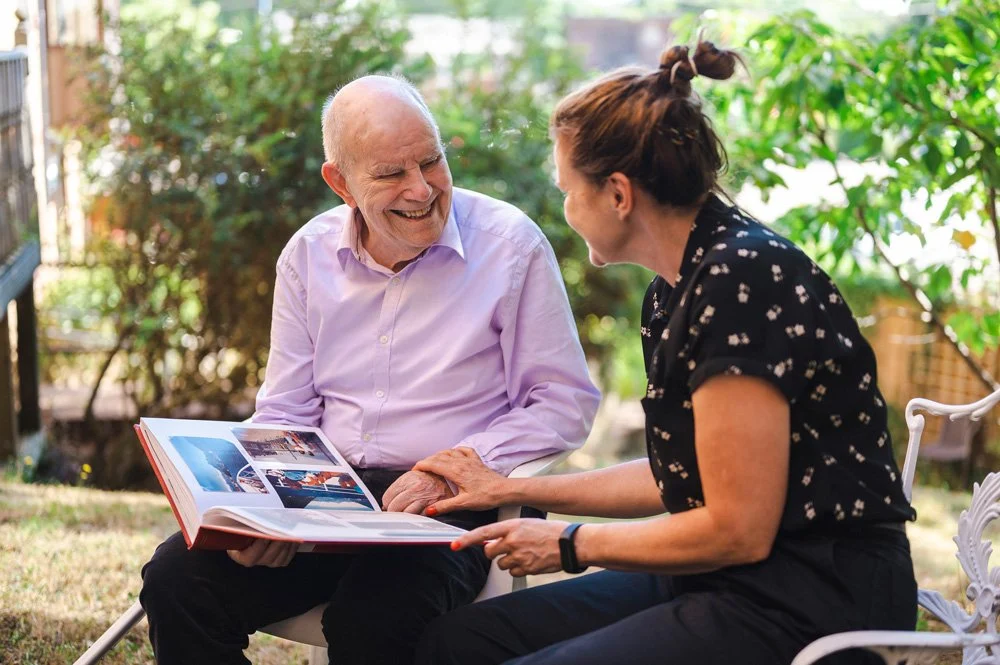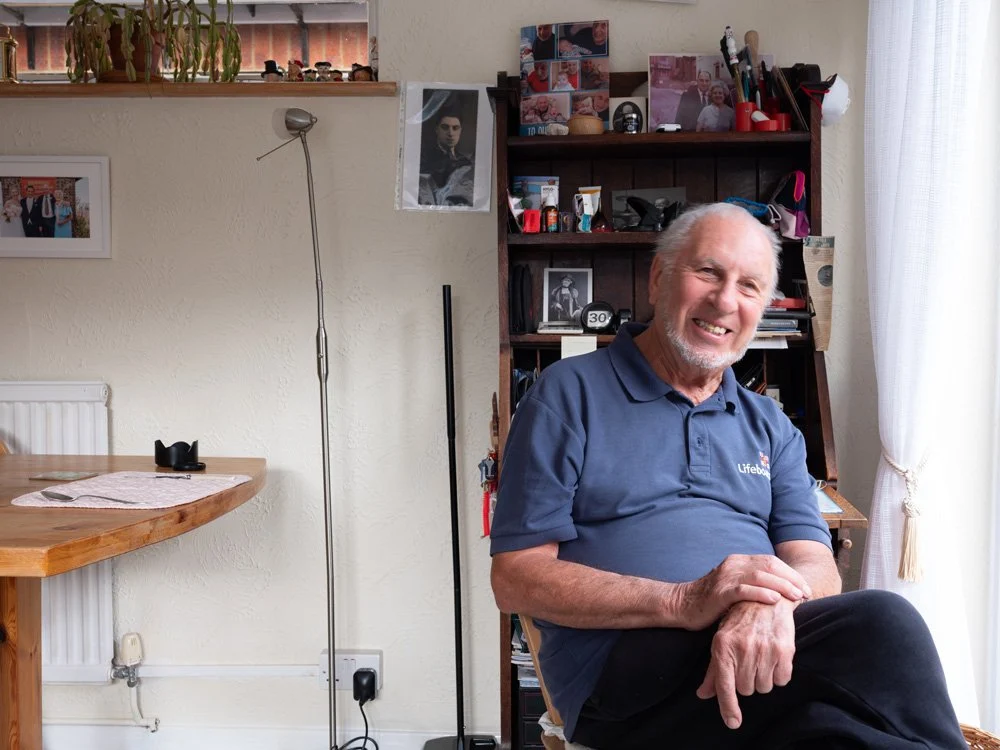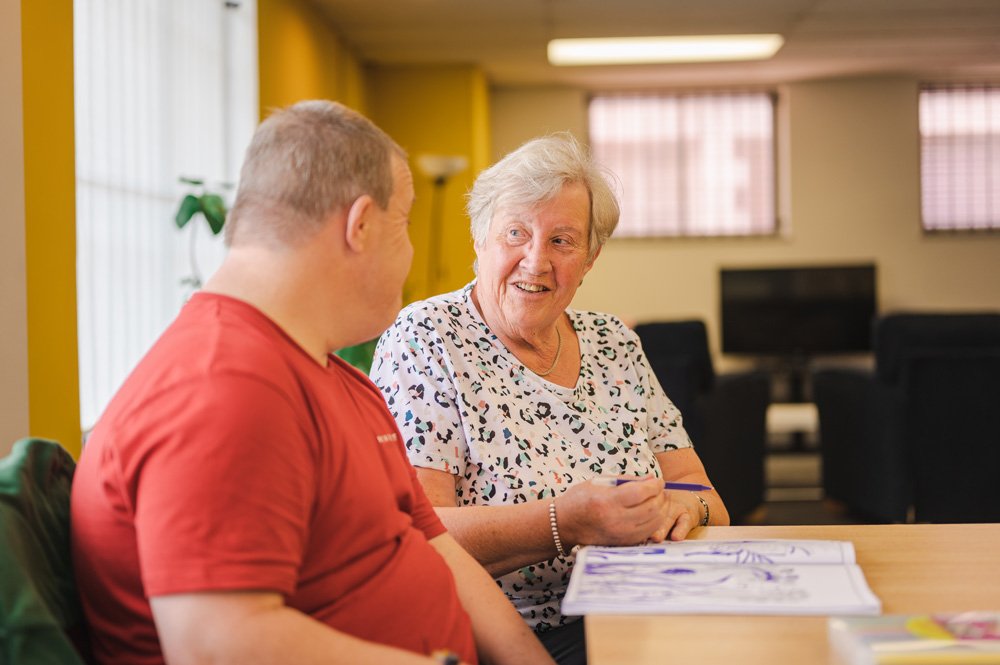I have nothing but gratitude for the service. I feel I am able to share all that is troubling me and I feel so much better for doing so.


Last year, we empowered over 3,000 people to age well.
Everyone deserves to age well, and have the support they need, but as we grow older, changes and challenges happen.
We advise and provide practical information; we connect communities to tackle loneliness and encourage mental and physical wellness.
We also offer support to people in later years who are experiencing emotional challenges, such as caring for someone at the end of their life or living through bereavement, and we support people and their carers through a dementia diagnosis. We do this to improve people’s quality of life, especially during hard or challenging times.
Whether it be a query about pensions, housing, or help to find a trusted plumber, we can provide excellent and trusted advice and support. From empowering people to navigate the benefit system to putting them in touch with volunteer friends who are relatable and compassionate.
Whatever is preventing people from ageing well, we are here to help them solve it.

Who we help
A fifth of 75 year olds are living below the poverty line, and many are unaware of the benefits and entitlements they could be claiming. We, through helpful conversation and mindful investigation, can help people in later years access vital extra funds or assistance, such as blue badge disability parking permit applications and finding local and trusted tradespeople.
We have been empowering people in later years since 1950. Today, we provide excellent support services designed to end loneliness and empower people to age well. These services are free and easily available to a wide range of people.
Last year, we supported and empowered over 3,000 people to age well. It is our goal to reach over 10,000 people by 2027.

How we help and support you
Advice and information
Call us for helpful information and advice on everything from housing and pensions to filling out forms and finding local tradespeople.
Emotional support
Experiencing loss or preparing for death is challenging. We are here to support you through it.
Community and friendship
Discover how we connect people and communities in Essex, and find a volunteer friend living near you.
Dementia support
We share our expertise to support those caring for someone or living with dementia.
In 2023 we have empowered
Real Stories
When someone wants to tell their story, we listen. They know that talking empowers others and want to help people find the support they need.



How you can support us

Make a donation
Help us make a difference to people in later years who need our support.

Volunteer
We’d love to hear from you if want to make a difference to people in later years.

Make a referral
Age Well East provides a range of services across Essex. We accept referrals from health professionals, friends, and family members. You can also self-refer.

News
Read our latest news, stories and updates from our local community.
